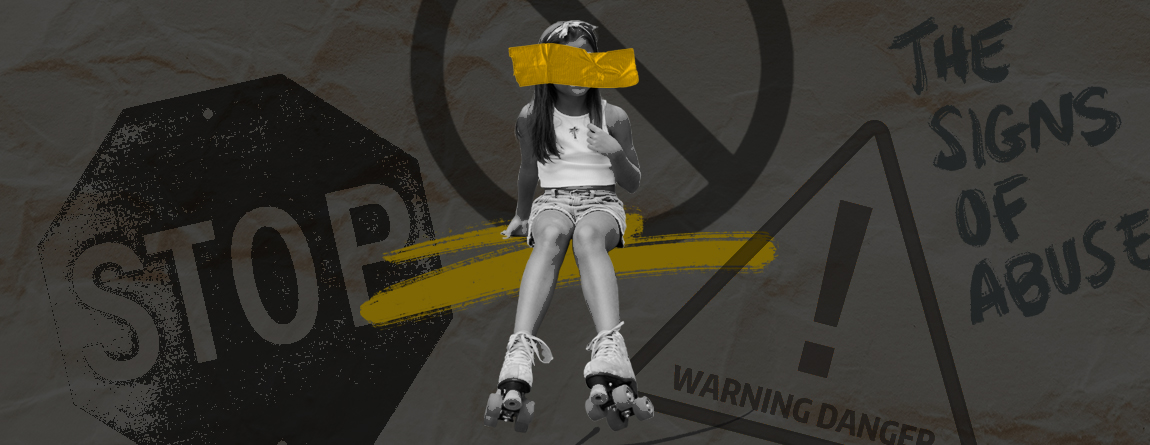How to Recognize and Report Child Abuse
People who experience abuse may struggle with difficult emotions or circumstances that can make them afraid or unwilling to open up about their abuse. This is especially true of young children, which is why everyone needs to be able to recognize the signs of abuse. Your attentive and caring observation could change a child’s life and ensure their safety and security. Read on to learn how to recognize and report child abuse.
Recognizing Child Abuse
Signs and Symptoms
Signs of child abuse look different for each person, situation, and form of abuse, but general warning signs to watch out for include:
- Withdrawal from friends or usual activities
- Changes in behavior — such as aggression, anger, hostility, or hyperactivity — or changes in school performance
- Depression, anxiety, unusual fears, or a sudden loss of self-confidence
- Sleep problems and nightmares
- An apparent lack of supervision
- Frequent absences from school
- Rebellious or defiant behavior
- Self-harm or attempts at suicide
Types of Abuse
In addition to the more generalized warning signs above, other red flags are specific to certain types of abuse. Here, we list signs of physical, sexual, or emotional abuse.
- How to recognize physical abuse: Look for chronic unexplained burns, bites, bruises, black eyes, broken bones, cuts, and other marks. A child experiencing physical abuse may be wary when adults approach or show fear of their caregiver(s).
- How to recognize sexual abuse: Signs of sexual abuse include difficulty sitting and walking, sudden refusal to change clothes for gym or engage in physical activities, nightmares, or running away.
- How to recognize emotional abuse: Emotional maltreatment can manifest in extreme behavior changes, lack of affection for caregivers, or overly mature or immature behavior.
How To Report Child Abuse
In an emergency situation, or if a child expresses fear of returning home, take immediate action by calling local law enforcement or emergency services. For situations that may be less urgent, you should contact your local child protective services (CPS) agency to file a report. To submit a report, call your local CPS agency at the appropriate phone number. You can also contact an emergency hotline like the Childhelp National Child Abuse Hotline, 1-800-4-A-CHILD (1-800-422-4453). If possible, include helpful information in your report, such as:
- The name, age, and address of the child you suspect is being abused or neglected
- The name and address of the parent(s) or guardian
- The name of the person you suspect is abusing or neglecting the child
- The reason you suspect the child is being abused or neglected
Children enter foster care for a myriad of reasons, but each removal leaves behind trauma. For children coming from abusive situations, the challenge weighs even heavier on their shoulders. Because of this, we at For Others invest in partners like House of Providence and Chosen, who offer trauma-informed counseling for kids and families. When we recognize and report child abuse, the recovery process begins and allows children to receive help even when they can’t speak for themselves.
We believe every child should be free to experience safe and loving relationships that will support them for a lifetime. Want to be a part of the mission? Join the For Others Collective by making a donation today.
